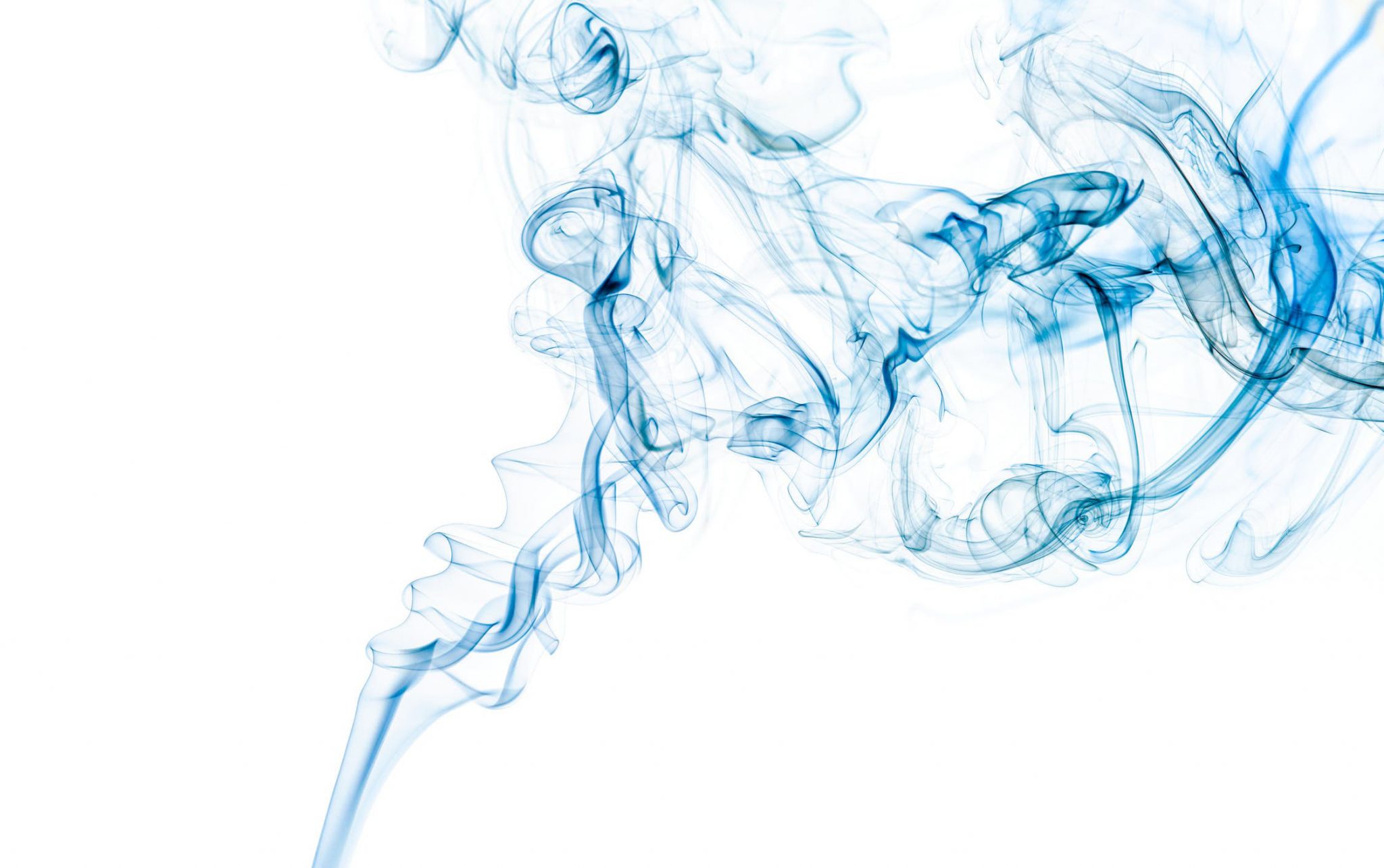A phrase about fire should read more like an expression about fiery rhetoric, because where there’s smoke inhalation, there’s a cloud of confusion. The smoke comes from vapors of misinformation about an industry in which the good deserve recognition and the compliant warrant respect, in which those who comply with the law uphold the letter of the law, in which those on the right side of the law are true to the spirit of the law. The insurance industry should separate the good, whose ranks include manufacturers of approved vaping products and devices, from the bad.
Approved products are not an endorsement of vaping, or approval from the government for people to vape for no reason. Rather, approval corresponds to federal standards of safety and disclosure.
In honoring these standards, consumers have the knowledge to make informed decisions: to choose the right vaping devices for the right reasons. In turn, insurers should distinguish between those who vape in accord with the rules—on account of the rules—versus those who put themselves at risk of injury or hospitalization.
According to Mike Khalil, founder and CEO of JJ Compliance Consulting Group (J&JCC Group):
“Compliance is a necessity for the tobacco and vape industry. And yet those who ignore this fact, or believe they can change the facts, face an unpleasant reality via fines or lawsuits, both. The cost of noncompliance is a cost insurers will not absorb and consumers will not accept. Also, those who do not obey the law forfeit their moral right to object to the enforcement of the law—period.”
Notice the point about the morality of compliance, as this point alone speaks to what insurers should do. The point is to encourage good behavior, not punish it; charging consumers who vape with specific devices, specifically approved devices, less than those who vape with a sense of careless disregard.
If insurers care about this issue, if they care about compliance in general and improving the safety of vaping in particular, they should insist on the wholesale adoption of existing rules by the vaping industry. The effect would cause other industries to follow suit, lowering costs not only for insurers but for everyone.
See also: Pressure to Innovate Shifts Priorities
Compliance is a testament to matters of legal and moral importance. That is to say, compliance is not a DIY (do it yourself) project; it is instead proof of a company’s commitment to what the government demands, regulators require, courts expect, and consumers want.
Compliance is a goal insurers should promote, since the alternative is too dangerous to deny and too wrong to dismiss.
That this goal is attainable, that it is affordable too, underscores the fact that it is the right thing to do.
Prioritizing this goal is how insurers can increase safety without raising costs, or losing money. Prioritizing this goal is how the insurance industry can strengthen its reputation, and develop a reputation for oversight, care, and compliance.
With consultation from experts, compliance can be the standard all industries embody.








